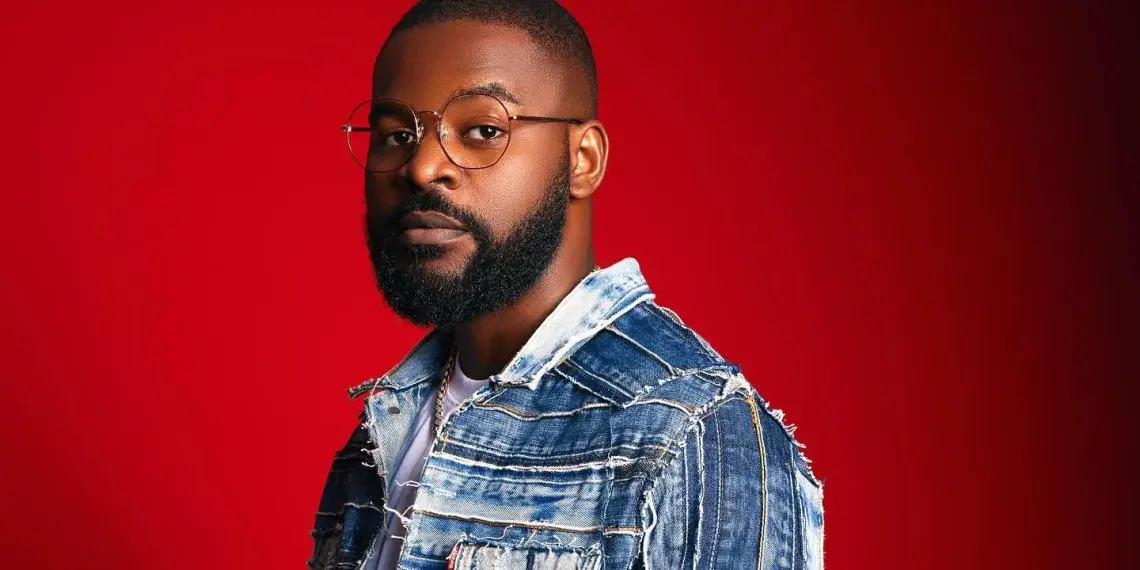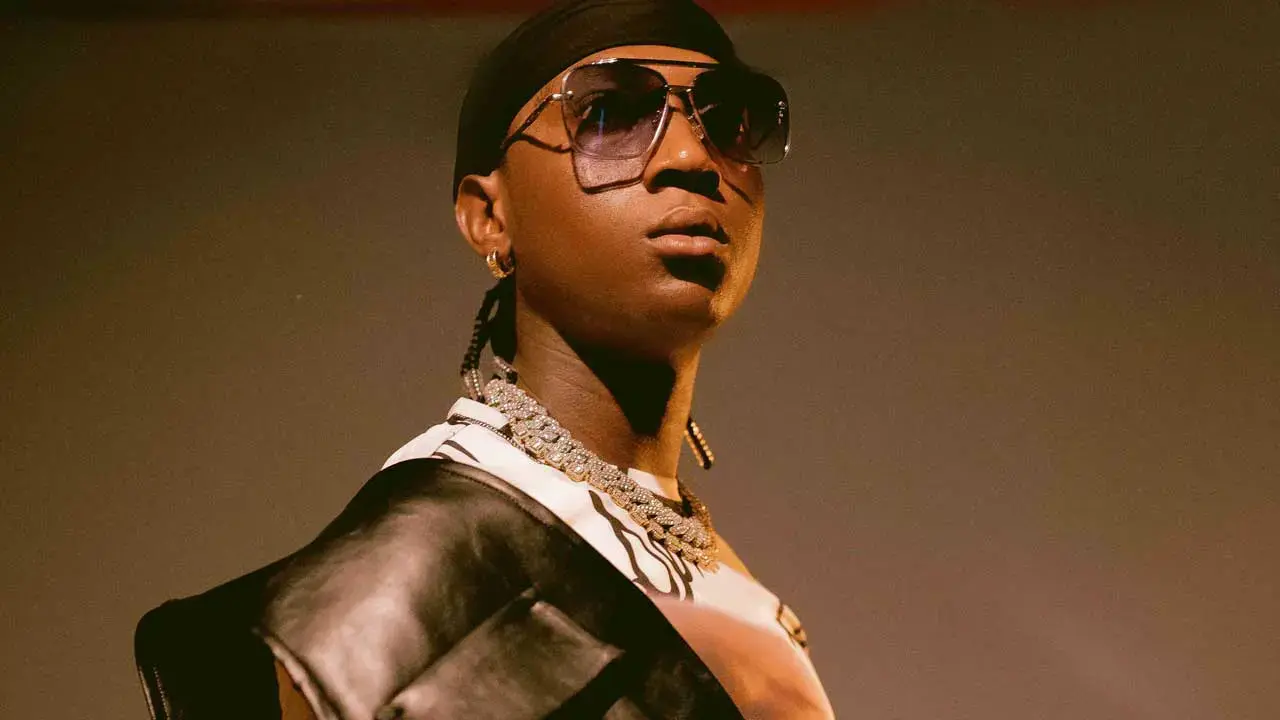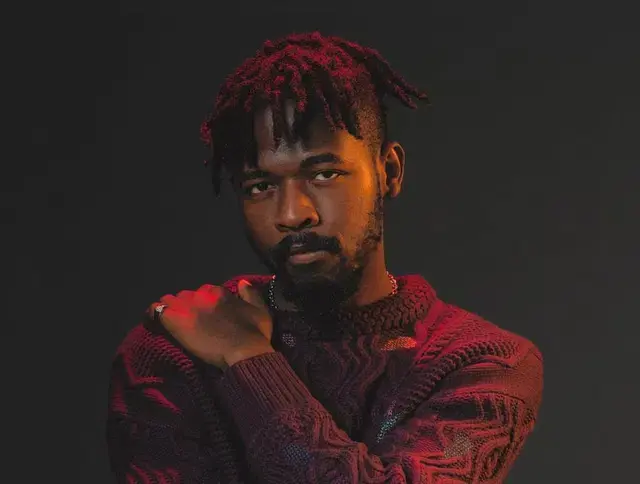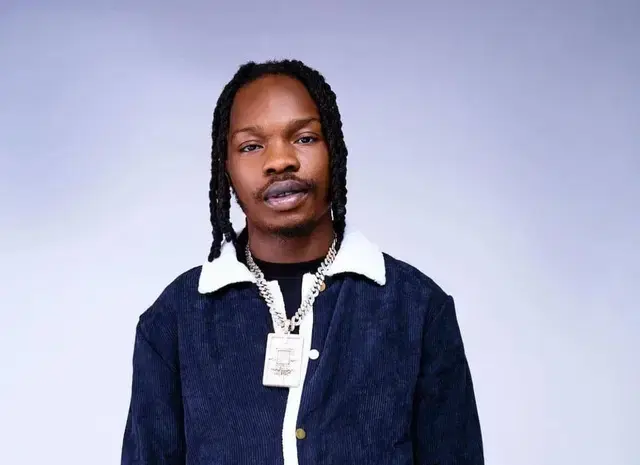Explore Our Bill Payment Services:

- Biography
- Nigeria
Falz: Biography, Net Worth, And Music Career
Folarin Falana, popularly known as Falz or “Falz the Bahd Guy”, was born on October 27, 1990, in Mushin, Lagos State, Nigeria. He is the son of two of Nigeria’s most respected human rights lawyers — Femi Falana (SAN) and Funmi Falana. Growing up in such an intellectually charged home meant that Falz was surrounded by discussions of justice, politics, and human rights from a young age.
While many Nigerian celebrities had to fight for support from their parents to pursue music, Falz’s journey was different. His parents encouraged education and discipline, but they also raised him to think independently — a trait that now defines his creativity and activism.
He attended St. Leo’s Catholic Primary School in Ikeja before proceeding to Olashore International School in Osun State. Later, he moved to the United Kingdom for tertiary education, studying Law at the University of Reading, where he earned an LLB (Hons) degree. On returning to Nigeria, he attended the Nigerian Law School and was called to the Bar in 2012.
Yet, despite his legal qualifications, Falz’s heart had already found another courtroom — the stage.
From The School Boys to the Spotlight
Long before fame, Falz’s passion for entertainment had begun to surface. In his secondary school days, he formed a group called “The School Boys” with a few friends, where they experimented with rap, freestyles, and parody songs. What started as teenage fun evolved into a full-blown creative outlet that blended humor, storytelling, and rhythmic intelligence.
Falz’s first official body of work, “Shakara: The Mixtape” (2009), was a raw, homegrown project that hinted at his future potential. His flow was unique — witty yet relatable, intelligent yet streetwise.
Early Singles: A Bahd Guy Is Born
In 2011, Falz dropped the single “Waz Up Guy”, which gave him modest recognition in Nigeria’s hip-hop community. He followed it with tracks like “High Class” and “Currency”, which became underground hits. These songs introduced listeners to a rapper who could mix Yoruba, Pidgin, and English in ways that made people laugh while thinking deeply.
By 2014, Falz released his debut studio album “Wazup Guy”, an 18-track masterpiece that showcased his lyrical dexterity and comedic storytelling. Songs like “Toyin Tomato,” “Marry Me,” and “Cool Parry” caught public attention, showing Falz as both a comic genius and a serious artist.
Falz’s Albums: From Fun to Fierce
1. Wazup Guy (2014)
Falz’s debut album set the tone for what would become his signature — a blend of humor, rap, and cultural commentary. With collaborations from top artists like Olamide, Yemi Alade, and Show Dem Camp, it gave Nigeria something fresh: rap music that could make you laugh without losing its message.
2. Stories That Touch (2015)
This second album took Falz’s storytelling skills to a higher level. Featuring tracks like “Karishika”, “Soldier” (with Simi), and “Soft Work”, it became an instant classic. Falz mixed playful narratives with real-life situations, creating songs that felt like short movies — witty, emotional, and deeply Nigerian.
3. 27 (2017)
Released on his 27th birthday, this surprise album featured smash hits such as “Something Light”, “Bhad Baddo Baddest”, and “Wehdone Sir.” It was an album that solidified Falz’s versatility — he could rap, sing, and act all in one project.
4. Moral Instruction (2019)
Perhaps his most powerful project, Moral Instruction is a bold, socially conscious album that takes inspiration from Fela Kuti’s Afrobeat activism. With songs like “Talk”, “Johnny”, and “Follow Follow”, Falz tackled corruption, inequality, and moral decay head-on. The album earned him critical acclaim, including Best Rap Album and Album of the Year at The Headies 2019.
Music Style and Influence
Falz describes his unique sound as “Wahzup music” — a blend of hip-hop, rap, Afrobeat, and comic storytelling. His delivery often includes exaggerated accents, humor, and wordplay that make his songs stand out in an industry dominated by dance tracks.
Beyond entertainment, Falz uses his art to address Nigeria’s complex realities. Songs like “This Is Nigeria” (inspired by Childish Gambino’s This Is America) confront topics such as police brutality, corruption, and social hypocrisy. Through this, Falz cemented his place as not just a musician, but a voice for change.
Acting Career: The Bahd Guy on Screen
Falz isn’t just a rapper — he’s also an accomplished actor. His breakout role in the TV series “Jenifa’s Diary”, where he played the lovable character “Segun”, made him a fan favorite across Africa. He later starred in major Nollywood films like:
-
Merry Men: The Real Yoruba Demons
-
Chief Daddy
-
New Money
-
10 Days in Sun City
His comedic timing and natural charisma translated perfectly from the studio to the screen, earning him multiple acting awards — including Best Actor in a Comedy at the Africa Magic Viewers’ Choice Awards (AMVCA).
Falz the Activist: Art with a Purpose
Being the son of two human rights lawyers, activism is practically in Falz’s DNA. He has consistently used his music and social media presence to speak truth to power.
During the #EndSARS protests in 2020, Falz became one of the most vocal figures demanding justice for victims of police brutality. His song “Johnny” became an anthem for the movement, dedicated to those who lost their lives to systemic injustice.
Through music videos like “This Is Nigeria” and public statements, Falz challenges corruption, religious hypocrisy, and the misuse of power — making him a modern echo of Fela Kuti’s revolutionary spirit.
Falz’s Net Worth and Income Sources
As of 2025, Falz’s estimated net worth is around $5 million, built from multiple income streams.
Here’s a breakdown of his major sources of wealth:
-
Music Sales & Streaming — His albums and singles generate millions of streams on Spotify, YouTube, and Apple Music, providing steady royalty income.
-
Live Shows & Tours — Falz performs across Africa and abroad, earning substantial fees for concerts and private gigs.
-
Acting Roles — From blockbuster movies to comedy series, his acting career adds another lucrative dimension to his portfolio.
-
Endorsement Deals — Falz has bagged major brand endorsements with companies like MTN, Hennessy, and Cheki, among others.
-
Record Label Ownership — As the founder of Bahd Guys Entertainment, he not only controls his music rights but also manages emerging talents, creating another stream of income.
-
Social Media & Comedy Content — His viral skits and brand collaborations on Instagram and YouTube also contribute significantly to his earnings.
Falz’s combination of creative and business sense ensures his brand remains both profitable and influential.
Awards and Recognition
Falz has accumulated an impressive collection of awards throughout his career, including:
-
The Headies Awards — Best Rap Album & Album of the Year (Moral Instruction)
-
AMVCA — Best Actor in a Comedy
-
BET Awards Nomination — Viewer’s Choice Best New International Act
-
Nigeria Entertainment Awards — Best Rap Act of the Year
He was also listed among New African Magazine’s 100 Most Influential Africans in 2020, thanks to his outstanding contributions to both entertainment and activism.
Challenges and What Makes Falz Unique
Falz’s success story is not without challenges. Balancing his identity as an entertainer and activist is no small feat. While some fans prefer his humorous side, others expect constant social commentary. Remaining relevant in a rapidly evolving Afrobeats industry also demands creativity and adaptability.
Yet, Falz stands out because of his authenticity. His combination of humor, intellect, and consciousness gives him a rare brand identity. He isn’t trying to fit into trends; he’s creating his own.
What’s Next for Falz
Although his last major album, Moral Instruction, was released in 2019, Falz continues to drop singles, collaborate with other artists, and act in films. Fans eagerly await his next full-length project — one that will likely mix his signature wit, lyrical depth, and social awareness.
With his sharp sense of humor, fearless activism, and unmatched versatility, Falz remains one of Nigeria’s most impactful entertainers — proof that you can make people laugh, think, and dance all at once.
Conclusion
Falz’s story is one of brilliance, boldness, and balance. From being born into a family of human rights defenders to becoming one of Nigeria’s most creative voices, his journey reflects both talent and purpose.
With a net worth estimated around $5 million, four successful albums, countless hit singles, and award-winning acting roles, Falz has built an empire on wit, wisdom, and wordplay. More importantly, he has used his platform to challenge injustice, inspire youth, and redefine what it means to be an artist in modern Nigeria.









